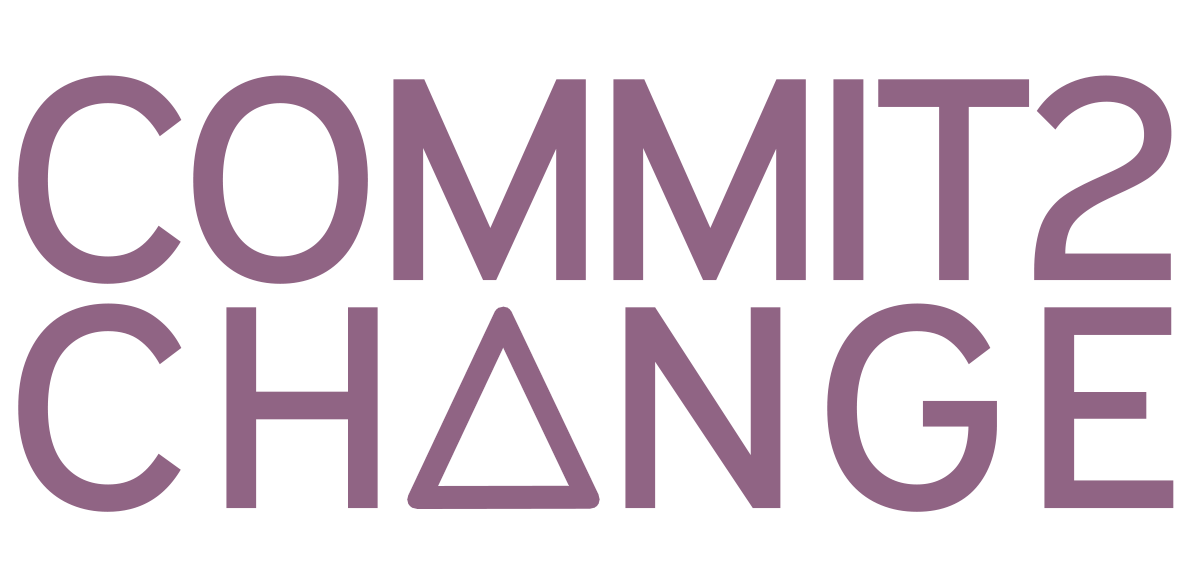As a core principle, Commit-2-Change focuses holistically on the girls we serve. We empower our students with education and STEM training, but we also recognize them as individuals deserving of emotional support. In early 2023, a founders’ visit to our partner centers led to the discovery that many of the girls suffered from a severe lack of self-confidence—which was attributed to a fear of learning, as well as little support outside of school hours. This deficiency in the girls’ lives was also affecting their academic progress and future goals.
In our drive to help the girls develop emotional and mental resilience, C2C implemented a counseling program in May 2023 that serves more than 200 girls in regular one-to-one, hour-long counseling sessions. The girls’ ages range from 11 to 15. The program, led by Ms. Resham Arora, is designed to provide a safe space for students to focus on healing past traumas, building inner strength and confidence, and reinforcing their academic and life skills.
Ms. Resham, a child therapist licensed by the Indian government, earned a bachelor’s degree in Psychology followed by a master’s degree in Clinical Psychology from Amity University. She is a counseling psychologist, a career and behavioral counselor, and a corporate trainer/consultant. Her father is also a well-known child psychologist, so she had firsthand experience with child psychology at a young age.
In the C2C counseling sessions, Resham meets with girls from very different social and family backgrounds. She takes a holistic approach with each girl—addressing their emotional needs, providing ways to improve their academic skills, and empowering them with communication and problem-solving techniques. In her wish for the girls to feel heard, Resham seeks to establish a sisterly bond with them so they feel as if they’re talking with a peer rather than a teacher. For her, the most rewarding part of the job is “being part of so many beautiful lives” and seeing the girls’ smiles at the end of a session.
The sessions are not always easy, as Resham knows many of the girls have experienced painful trauma in their young lives, and they are often hesitant to talk. Her first goal is to make sure each girl is comfortable with her so they can address other problems. She is careful about what she says, recognizing that a wrong word or phrase could trigger further emotional difficulties. She also encounters language and cultural barriers, which she overcomes by seeking support from local tutors and translators, especially in Nepal and Bangladesh.
Resham uses a variety of techniques in the sessions, including video lessons, games, and music. She says the girls love anything that makes them feel engaged. She purposefully keeps the sessions interactive and fun, letting the girls make their own routines and schedules. She helps them with time management and gives them useful ways, such as mnemonics, to approach their academic material. Resham also uses stories as a way to teach life skills, leaving the ending open for the girls to write. This enhances their interaction and creativity. To further develop her understanding of each girl, Resham talks to the other C2C teachers so she can learn more about the girls’ individual academic habits and processes.
The girls love the sessions with Resham. They say that she is exceptionally kind and patiently listens to anything they want to share. She helps solve their problems and gently explains things, and they appreciate that she asks about their goals, favorite things, family background, and likes and dislikes. Some of the girls have also found innovative ways to overcome the language barriers, including sign language, gestures, and Google Translate. The girls find the one-hour sessions with Resham to be a “source of relief, allowing them to breathe and relax.” All of the girls surveyed reported that they wanted to continue the sessions next year.
Over the course of the year, Resham has seen a beautiful growth in the girls. She reports that they have started accepting both their strengths and faults, leading to a higher level of self-confidence. As a result, their academic skills have also improved. They have stronger attention spans and are more self-directed and motivated. On Resham’s advice, they practice English and mathematics regularly. Resham also teaches them meditation and concentration techniques, which help them maintain both emotional and mental balance.
The counseling program has been a great success, and while Resham does not want to change anything about it at this time, she does hope to address the girls’ lack of time after school. Many of the girls have to work to earn money, so they have little time for themselves.
Resham understands that the girls she counsels have big dreams, but they don’t know where to start making them come true. In each session, she asks the girls to make five promises—self-love, learning to say “No,” prioritizing, self-awareness, and trying new things. This mantra enables the girls to accomplish small but achievable goals. For Resham and C2C, the goal of the counseling program is to help the girls become emotionally independent, vocal about their opinions, and self-confident, and to set them on the path to realizing their dreams.





